MMORPG gaming and console gaming have traditionally been thought of as completely separate and different playstyles. As the video game industry progresses however one can see that there are reasons to play both, rather than one sub-genre exclusively. This essay will go over the vast differences, as well as the universal traits that make both these forms of gaming complementary rather than contradictory.
One powerful trait both mmorpg gaming and console gaming share is that of escapism. Research has shown a strong connection between pain and anxiety. In fact, Nationwide Children's Hospital has put this into practice by helping burn victims. The children play in this virtual reality to distract them from the painful process of healing from burn wounds. Although most would assume a virtual world such as World of Warcraft would be more immersive there are also console games such as Fable which would beg to differ. Here we see a powerful tool of video games, escapism, which unchecked can lead to an unhealthy obsession with the virtual worlds.
A driving force of the mmorpg gaming industry is progression. Progression via game is slightly diffferent but most deal with ones virtual character leveling up skills, stats, and equipment referred to as gear. This progression leads to a deeper immersion associated with most console games that can usually be played for a day, turned off, and turned on a month later. With mmorpg games however, the world around you continues whether or not you are progressing. If you aren't progressing you are natually falling behind. This is a similar trait to a game we all play, life. An mmorpg is the highest form of capitalism and hard work pays off, whereas console games can be seen as a quicker escape with less progression goals. Console games have had single player forms of progression without the online aspect, also known as roleplaying games. Games such as Final Fantasy, Zelda, and even Super Mario. We see the ability for console games to have progression in the form of both virtual characters as seen in final fantasy and zelda, but only map progression in games like Mario wherein the character doesn't progress, just the maps do. The inability for console gamers to personify there virtual characters has led to the explosive growth of the online pc mmorpg industry. With the advent of online play however, console worlds are now becoming closer to their cousin PC or Mac. One can look at the success of Halo and John Madden football on the console systems. It is the ability for quick fun but also combined with an everchanging leaderboard system to progress, to become the best player. It is this hybridization that gives console games the appeal of casual gamers which the mmorpg industry scares away. If one wants to load up a game of Madden for an hour they can do so and turn it off without fear of Brian Urlacher losing 5 tackling. If one does the same in Warhammer they may find themselves logged in with inferior gear and guildless.
Guild Pressure! Guild pressure is just like peer pressure only it's intensified by players you mostly play with in your virtual world. In the past console gamers did not have to worry about letting someone down if they turned off final fantasy. Perhaps Cloud was secretly angry but he could never let you know. Today, not being able to attend a raid in World of Warcraft, or a PK run in Ultima Online can have social consequences within these heavily socially based virtual worlds. Turning down your guildmates can be difficult and even against your interest in the guild. In real life, if your boss asks you to do something because they rely on you, you would most likely help him/her out. The virtual worlds are no different. One's guild leader may ask you to help camp a spawn or partake in a hunt; if the answer is no all the time you will inevitably lose standing with the guild leader, if not the entire guild. Before the onset of online console play, you made all the decisions and had no one, except maybe your brother/sister nagging you to turn on the game and play. Now even Console gamers have this social dynamic seen with Clans. Clans are synonymous with guilds but the term is used for most console guilds. If you are a member of a Clan that is hardcore you better be sure to make the big clan matches. Let your clan down, you let everyone down. It is this mentality that is changing casual games to a more serious, hardcore feel that PC games had exclusively for the past decade. You are now a part of something larger than yourself. It can be incredbily satisfying to be in a guild or clan and help those you care about, but it can be equally as hard to say no to those very same friends.
Both mmorpg gamers and console gamers have considered themselves separate. The reality is both gamers enjoy aspects of progression, escapism, friendships, and of course FUN! We forget at times the games are for fun. As a human species we are naturally hedonisitic so why not enjoy all forms of the video game industry? I'll see you in World of Warcraft and a game of Tetris later.




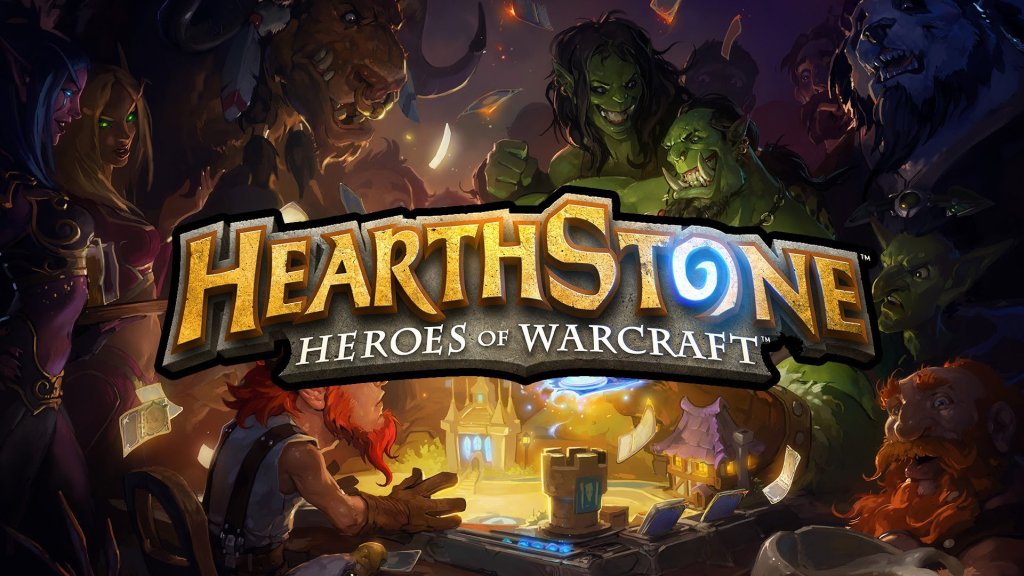
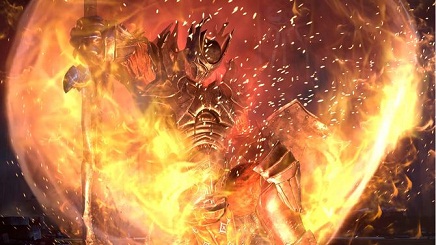
 Mordheim: City of the Damned Wiki – Everything you need to know about the game .
Mordheim: City of the Damned Wiki – Everything you need to know about the game .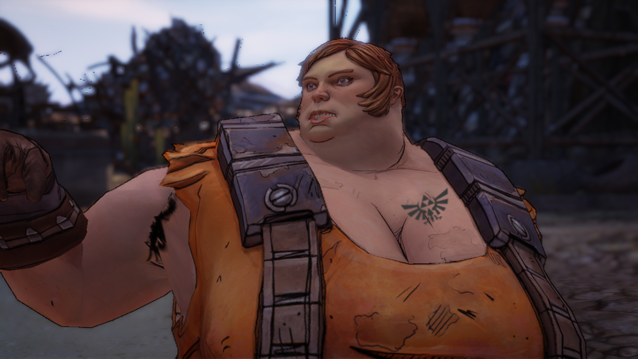 The Top Ten Video Game References In Borderlands 2
The Top Ten Video Game References In Borderlands 2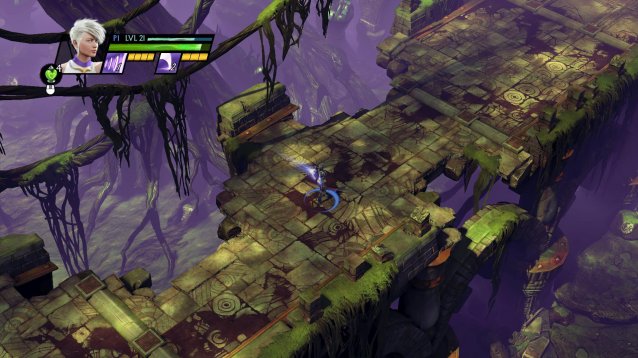 Sacred 3 Review
Sacred 3 Review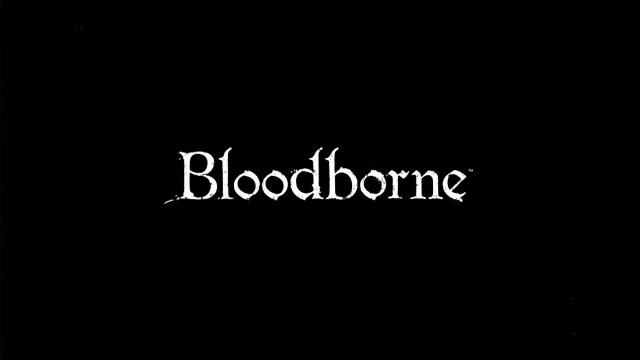 How to Progress in PS4 Bloodborne After Defeating the First Boss: Cleric Beast
How to Progress in PS4 Bloodborne After Defeating the First Boss: Cleric Beast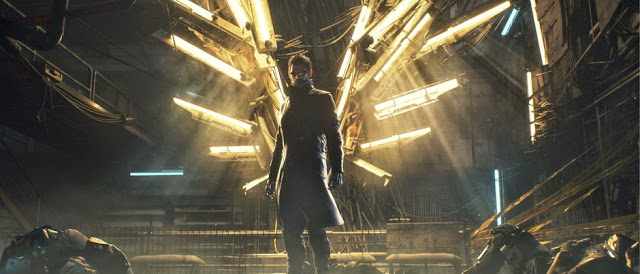 Deus Ex: Mankind Divided (PC) announced, due out next year
Deus Ex: Mankind Divided (PC) announced, due out next year